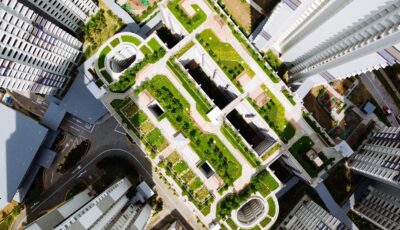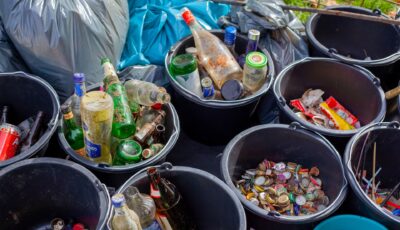Clean Technology Policy Input Needed, Only Open For a Month!

GLOBE-Net, August 30th, 2016 – The Government of Canada has launched “Let’s Talk Clean Resources” initiative to gather public input on clean technology policies.
Natural Resources Minister Jim Carr, Fisheries Minister Dominic LeBlanc and Agricultural Minister Lawrence MacAulay made the announcement yesterday.
But the call for public input is only open until October 2016, date unspecified.
A special website has been set up, http://www.letstalkcleanresources.ca/, with the dual purpose of educating the public while gathering their input on issue such as electric vehicle adoption, renewable energy generation and industry adoption of clean technology.
The information will be gathered through polls and discussion boards, with the results being used to help shape future public policy on clean technology adoption. Registration is required.
A key component of the initiative is to promote corporate uptake of Clean Technology.
From the automobile sector to the resource sector, corporate uptake is essential to a low carbon future, and emphasized is how companies can adopt Clean Technology in their operations and how future uptake can be improved.
This initiative also seeks to gather feedback on Mission Innovation, a global partnership between private business interests and national governments, which calls for doubling clean technology investment within five years.
More information on Canada’s involvement can be found here.
The Breakthrough Energy Coalition, which includes such corporate leaders as Bill Gates, founder of Microsoft, Jeff Bezos, Founder and CEO of Amazon and Jack Ma, founder and chairman of the Alibaba Group, is the private sector component of Mission Innovation.
21 national governments have signed on, including Canada, the United States, Germany, China, Japan, Brazil, and France.
Canada committed to Mission Innovation at the COP 21 Climate Conference in Paris, last year. Canada’s total funding commitment is to increase investment from $387 million (2014-2015) to $775 million by 2019-2020. To find breakdown of the 2016 budgets’ spending to meet this goal, follow this link.







